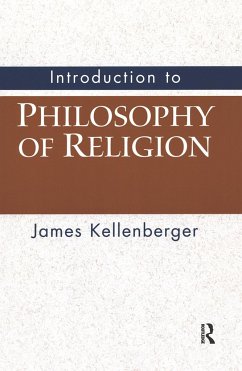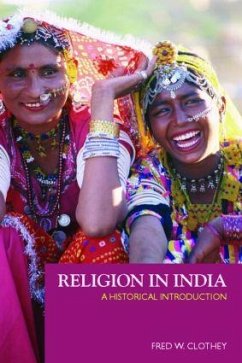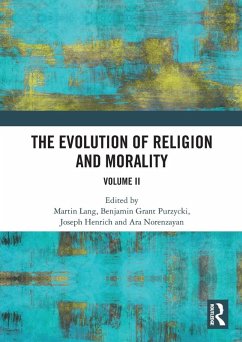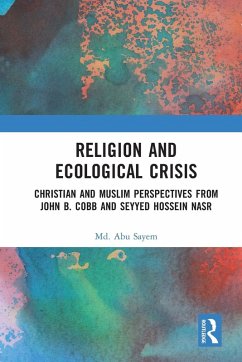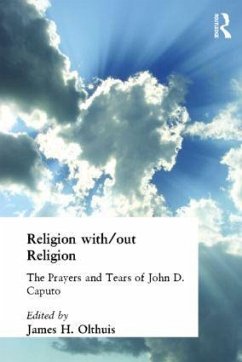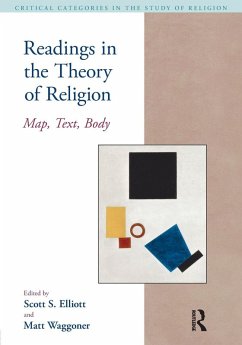
Sociology, Religion and Grace
Versandkostenfrei!
Versandfertig in 1-2 Wochen
40,99 €
inkl. MwSt.
Weitere Ausgaben:

PAYBACK Punkte
20 °P sammeln!
Grace is a central concept of theology, while the term also has a wide range of meanings in many fields. For the first time in book format, the sociology of grace (or enchantment) is comprehensively explained in detail, with fascinating results. The author's writings on this topic take the reader on an intriguing journey which traverses subjects ranging from theology, through the history of art, archaeology and mythology to anthropology. As such, this volume will interest academics across a wide range of disciplines apart from sociology.
This book offers a sociological analysis of the Renaissance, focusing on the concept of grace, and the unity that exists between its various meanings: theological, anthropological (gift-giving, Mauss; and sociability, Simmel), and aesthetical (beauty and gracefulness). Since the seminal work of Max Weber rooted capitalism, and thus the modern world, in the Protestant ethic, interest in the Renaissance among social scientists has been minimal. However, this book argues that the heart of the European tradition lies in a series of renascences, going back to Minoan Crete and its rebirth in classical Greek civilisation, during an earlier global age. The Renaissance forged a novel unity between the Judaic-prophetic and Minoan-Athenian traditions, renewing grace in all its aspects and thus revitalising Europe. This attempt tragically failed and the modern world is the outcome of this explosion. All this has vital contemporary relevance, as the classical European tradition is still a unique source suggesting a way out of the spiralling logic of globalisation.






